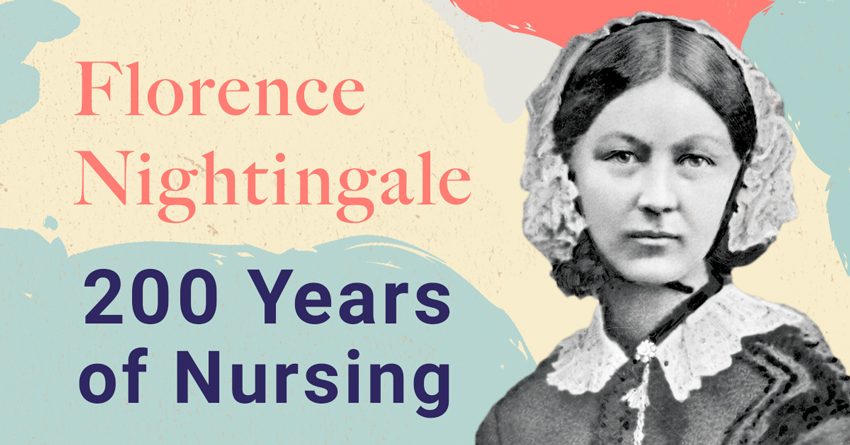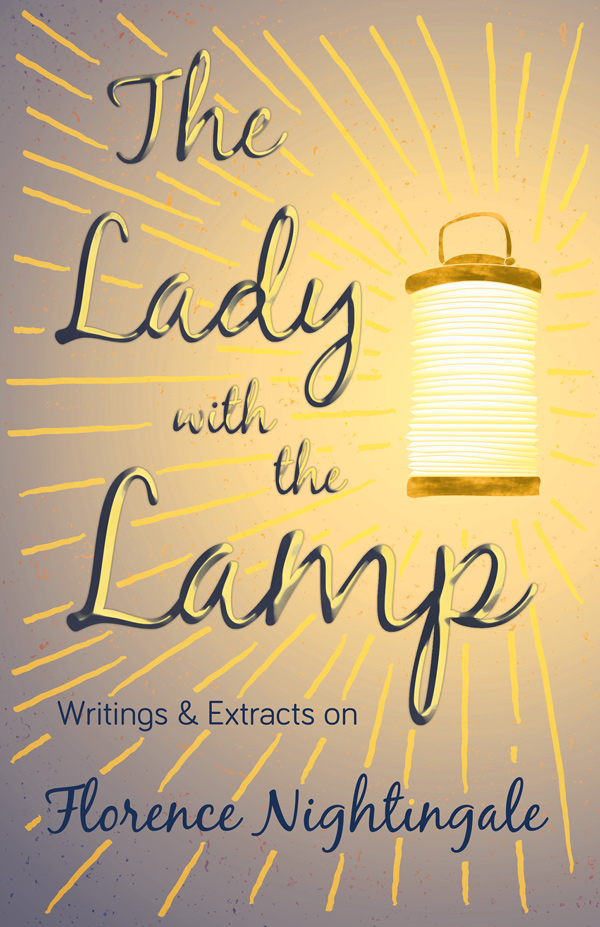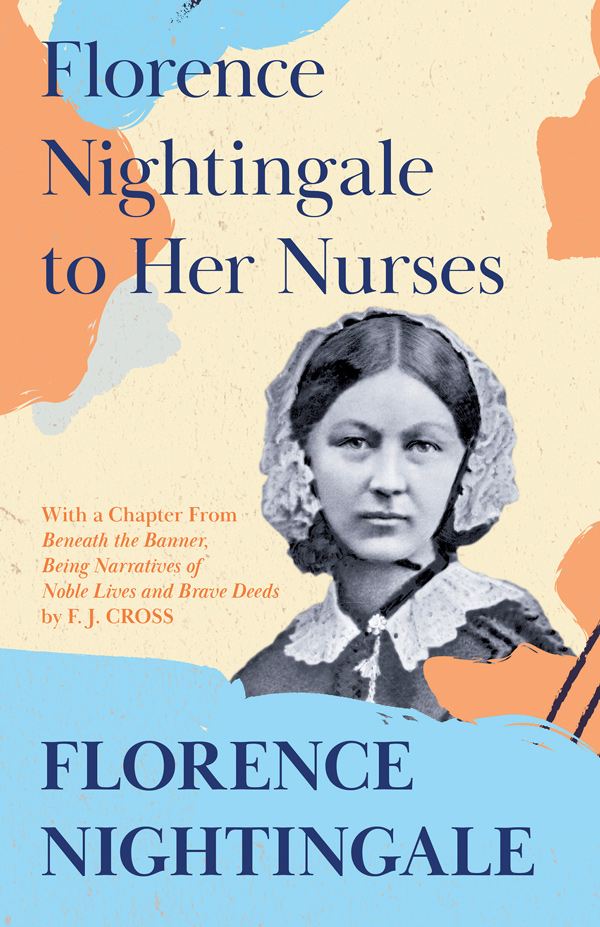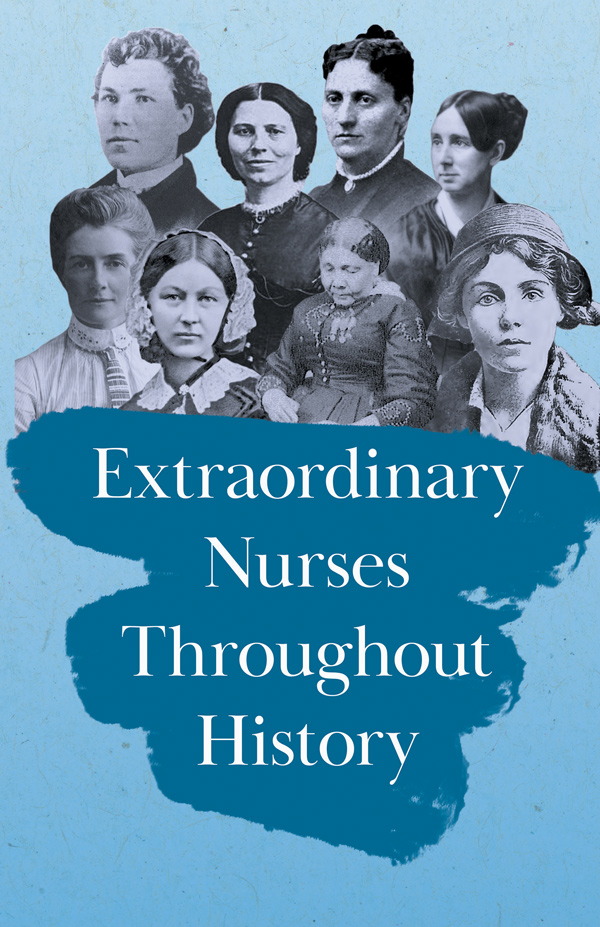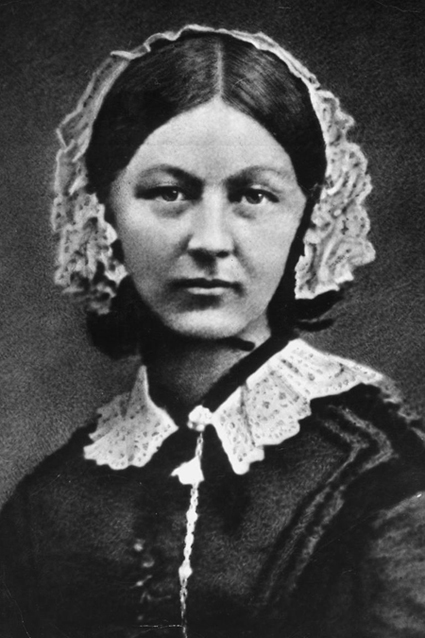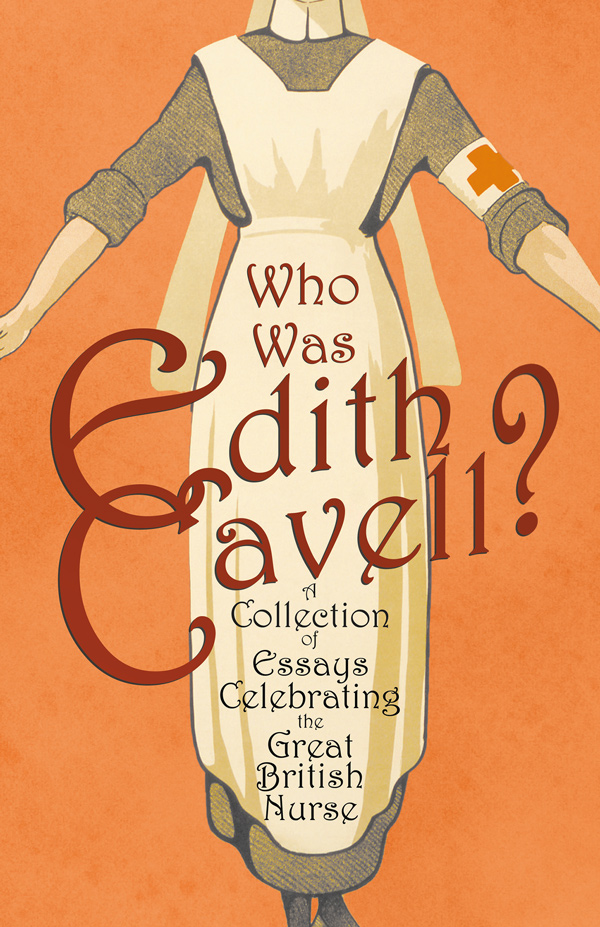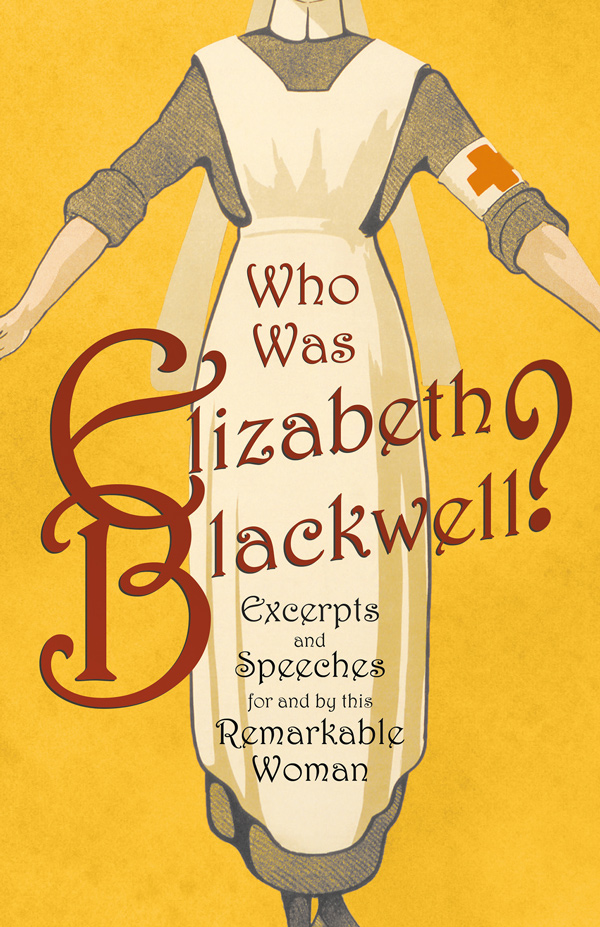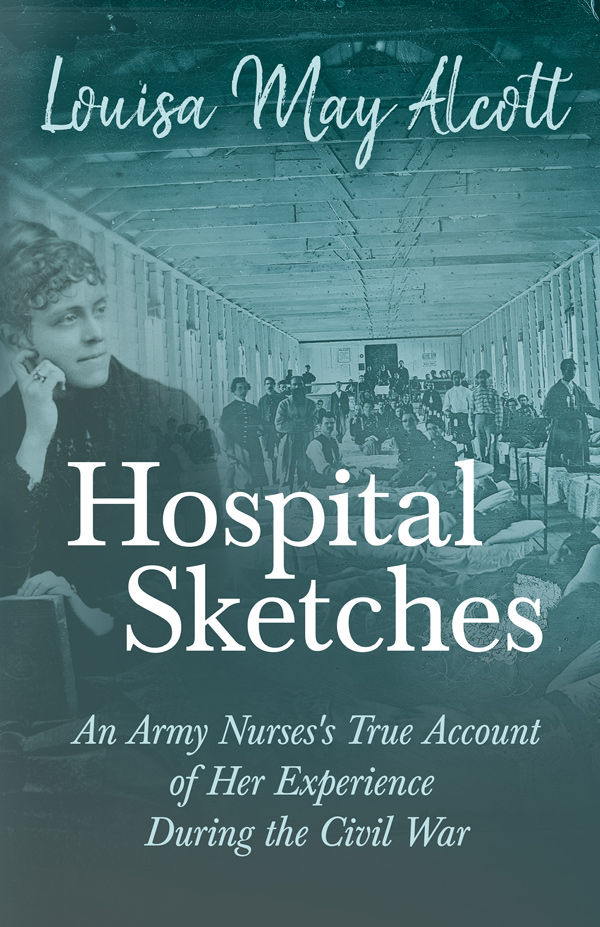Inspiring the countless generations preceding her, Florence Nightingale greatly affected 19th and 20th-century policies around medical care.
She gained a reputation while serving in the Crimean War, attending to and organising the care of wounded soldiers. With a group of women nurses under her command, she improved the unsanitary conditions of the base hospital she was attending, resulting in a drastically reduced death count.
To celebrate the momentous 200th anniversary of Florence Nightingale, we’ve taken a look at this trailblazing woman of science.
“I attribute my success to this – I never gave or took any excuse.”
—Florence Nightingale
Known for her compassionate nature, Florence Nightingale was dubbed the ‘Lady With The Lamp’ after making rounds attending to the wounded soldiers at night.
Upon returning from the war, Nightingale was rewarded for her work by Queen Victoria. She was granted a large sum of money which she then used to further her cause. She founded the Nightingale Training School for Nurses, which was one of the first institutions to teach nursing and midwifery as a formal profession.
Nightingale inspired young women from all class backgrounds to enrol at the training school, causing her to become a figure of public admiration during the Victorian era, with nursing now seen as a respectable and honourable vocation. The school still runs to this day, now part of King’s College, London, known as The Florence Nightingale School of Nursing and Midwifery.
She produced many writings throughout her life, including those based on her work during the Crimean war.
Noted for being a keen statistician, she produced pie charts and reports on patient mortality at the base where she served, analysing her experience and proposing reforms for other military hospitals.
With her novel use of the pie chart, she would go on to become a pioneer of graphical representation of statistics and was elected as the first female member of the Royal Statistical Society.
“Generations of women, for centuries to come, will be the better, the more helpful, and the more devoted for Florence Nightingale having lived”
—Ingleby Scott
While she served in Crimea, Florence Nightingale contracted Brucellosis – also known as Crimean Fever, from which she would never fully recover.
She continued her work whilst house-bound, producing more works on Nursing and the running of hospitals. She received honours throughout her life which celebrated her work, including becoming the first of eight women to be awarded the Order of Merit in 1907.
After becoming suddenly ill in 1910, Florence Nightingale died peacefully aged 90 at her home in London.
Widely acknowledged as a pioneer of modern nursing, it’s impossible to imagine a world where Florence Nightingale didn’t exist. Her spirit lives on through the nurses that follow in her footsteps and the amazing work done by health care professionals on a daily basis.
Throughout history, many notable women have helped create and improve the practice of modern nursing that we are all familiar with today.
This brilliant collection celebrates the amazing efforts of eight notable nurses, in honour of Florence Nightingale’s 200th birthday.

